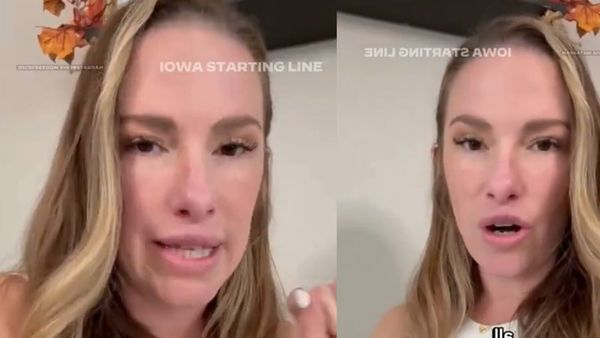
Government leaders have in recent weeks changed their tune: poor mental health is now a major focus and one of the main reasons we must now rush to reopen the nation. The Prime Minister has put it more bluntly, characterising it as “time to come out of the cave”.
But what was the reason we were in the cave, or under the doona, in the first place? The answer: fear. Fear of an overwhelming health crisis. Fear of the plague. Fear of premature or avoidable deaths.
Australia, largely through geographic advantage, physical isolation and early decisions to shut at least some of our external borders, avoided the health crisis and very significant loss of life that ravaged parts of Europe and North America. That health disaster has created much additional mental anguish in those countries.
So, is it now reasonable to think that Australians will simply trust our politicians to deliver what the Prime Minister has gone out of his way to call a “safe” solution? Or that, by constantly reporting premature deaths in those classified as having “underlying health conditions” alongside their COVID infection, that this device will cause less public distress or relieve our wider anxiety about an imminent health disaster?
As at least 40% of Australians have such underlying conditions and almost all people over the age of 60 years will have one or more of these disorders (think diabetes, heart disease, lung disease, cancer, immune problems), we are not likely to be reassured by the notion that most of us will be fine as soon as 70% of the adult population (effectively only about 50% of the total population) are vaccinated.
Is the government, once again during this pandemic, misreading the public mood? Are they underestimating the ways in which people’s basic fears and concerns have a big impact on their actual behaviour? If people do not feel safe or trust the various statements made by public officials, are we very likely to rush to send our children back to school, go back to our normal patterns of spending, socialising or moving about?
As daily reports of various hospitals, emergency departments and other healthcare centres being overwhelmed by COVID-related cases increase, is it reasonable to suggest that most of us should not be concerned? One great learning, known by most mental health care practitioners, is there is nothing more useless than telling someone who is worried about a real-world threat to simply not worry!
Every day since the start of the pandemic, and every time we have headed back into lockdown, the message has been the degree of threat posed to all of us by this coronavirus. Not only the short-term threat of loss of life but also the long-term threat of persisting ill-health and disability due to long COVID. This has all been greatly amplified over the last 11 weeks by the arrival of the Delta strain, a “game-changer” in the words of most premiers.
So, if we are to move forward, governments and their tightly-linked health officials will need to do a much better job of explaining why we should now feel safe and stop worrying about those we really care about, including all of those with underlying health conditions or those we see as vulnerable. Most notable, of course, are our children and youth.
We need public officials to be upfront about why 70% or 80% of the adult population being vaccinated is suddenly good enough to put aside all those other fears that have been stoked over the last 18 months.
In truth, no one is likely to simply live easily with very significant deteriorations in our healthcare system or simply accept large numbers of daily deaths, just because they are classified as occurring largely among older persons or those with underlying health conditions (at any age).
Fear and uncertainty in the community will go up and not down, without a much clearer and more transparent approach to what is really at stake. Perhaps the messages also need to be presented more clearly by those the public are likely to trust and less by political leaders, whose other motivations are far too evident.
Professor Ian Hickie is Co-Director, Health and Policy at The University of Sydney’s Brain and Mind Centre.







